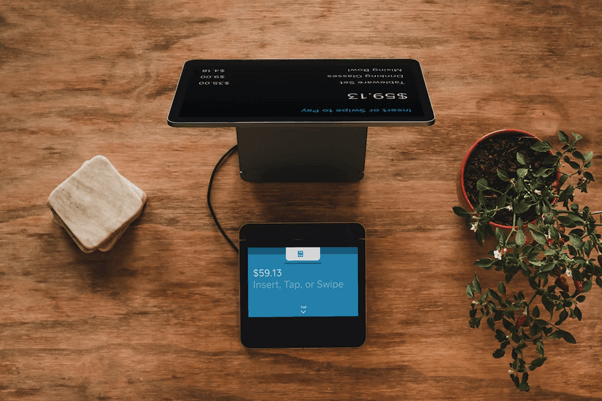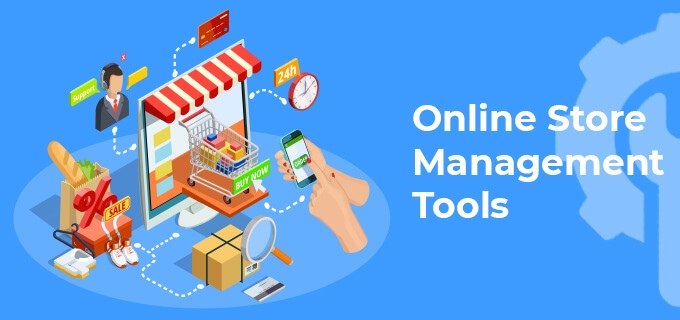Why You Need a 3D Secure Payment Gateway?

Every organisation is susceptible to data breaches and encounters them almost every day. Cybercriminals are always on the lookout for security lapses, and one of their favorite targets is collecting sensitive payment information of customers. They can then use this information to commit payment fraud and cause damage to customers as well as the brand.
Thankfully, you can protect your customers’ information from being breached or hacked by using a 3D Secure payment gateway. With online shopping and e-commerce on the rise, customers look for more secure processes, especially when it comes to payment, and a 3D secure payment gateway provides them the much-needed trust.
What is a 3D Payment Gateway?
To counter online identity fraud and instill more trust in customers’ minds about online transactions, major payment processors were invented with a preventive measure known as a 3D secure payment gateway. It adds another level of security to your payments and ensures that payments go through successfully without exposing any sensitive information. Visa’s Verified by Visa and MasterCard’s SecureCode are examples of 3D secure payments that you must be familiar with.
It is often referred to as 3DS payments because it uses 3 Domain Servers to secure your online transaction. The three domains are:
- The Acquirer Domain: the merchant or the bank to which you’re paying.
- The Issuer Domain: the organisation or bank that issued the card being used.
- The Interoperability Domain: payment systems that bridge the gap between an Acquirer Domain and an Issuer Domain like Visa, MasterCard, and AmEx.
How Does a 3D Secure Payment Work?
3D secure gateways are responsible for making sure that every transaction is secure and carried out by the user himself. This is why the cardholder is often required to enter an OTP or a unique passcode known only to them. To understand how 3D Secure works, here are the steps in detail:
- The card information is collected first by asking the customer to enter the card data for their credit or debit card.
- Once the information is entered, the system checks if the card is already registered for 3D Secure or not.
- If the card supports 3D Secure and is enrolled in the system, the user is then redirected to a 3D secure page of the respective card provider.
- Now comes the additional verification step. Once the customer is on the provider’s website, they are asked to enter their unique password/pin or the one-time authentication code which is sent to their registered email address or phone number.
- Once the correct information is entered and verified, the user then goes back to the merchant’s website to confirm the payment.
- The user will then receive the ‘payment confirmed’ message. This marks the end of the payment process.
Why is 3D Secure Important ?
One of the biggest benefits of 3D secure payments is that it prevents any payment fraud or identity theft from happening for both users and merchants. As per a report by Deloitte, several organisations in the Middle East are struggling with online payment fraud, especially since the rise of the COVID-19 pandemic. Around 48% of the respondents, said that their organisation experienced more fraudulent activities this year than in previous years. This makes 3D Secure important for merchants as well.
3D Secure is especially beneficial for users thanks to its payment liability shift. The additional personal authentication step added in the 3D Secure process makes the issuing bank liable for any fraudulent chargebacks. So as a customer or a merchant, if you claim that an unauthorised payment occurred through your card, it’s the responsibility of the card provider to manage the refunds. Fewer chargebacks mean more money in your pocket. 3D Secure alleviates the resources associated with penalties, dispute management, and fees.
While 3D Secure payments are the gold standard for preventing payment fraud, it has slight drawbacks as well. The time taken for complete verification and payment discourages customers and is one of the biggest reasons for cart abandonment. To mitigate this issue, the 3D Secure process is being upgraded to 3D Secure 2.0.
What is 3D Secure 2.0 ?
With the help of 3D Secure 2.0, merchants wouldn’t have to choose to lower the risk of fraud or increase conversions. The improved 3D Secure protocol enhances the customer experience and facilitates the exchange of information between the three domains so that the process finishes quicker.
3DS 2.0 replaces the hassle of remembering passwords or waiting for OTPs by using a token-based authentication system that uses biometric identification like face or fingerprint. This process is much faster, as customers don’t need to wait for the payment provider’s website to open, there’s no need to remember so many passwords, and there are fewer steps to complete the purchase.
The new 3D Secure protocol is not just faster, it’s also more secure. It analyses more than 100 data points per transaction and provides an improved risk assessment. This increases the chances of fraud prevention as compared to the previous protocol. Merchants have experienced an 85% reduction in checkout time and a 70% reduction in cart abandonment rates by using 3DS 2.0.
Choose the Right Payment Gateway
Integrating a 3D Secure payment gateway has become a necessity for e-commerce businesses. Customers look for extra security while paying online and are generally concerned about their privacy and payment information. There are studies indicating that nearly one-third of cardholders won’t proceed with the payment if it is not completely secure. For merchants, this not only cuts into their business but also throws a bad light on their reputation.
Hence, it is important to choose the correct payment gateway for your business that not only implants a sense of security in the customer’s mind but is also fast and easy to set up. PayTabs is a leading next-gen payment solution that you can easily integrate with your e-commerce business. It ensures complete security during transactions and accepts several payment methods as well.



 Alyse Falk
Alyse Falk

 Vishal Shah
Vishal Shah


